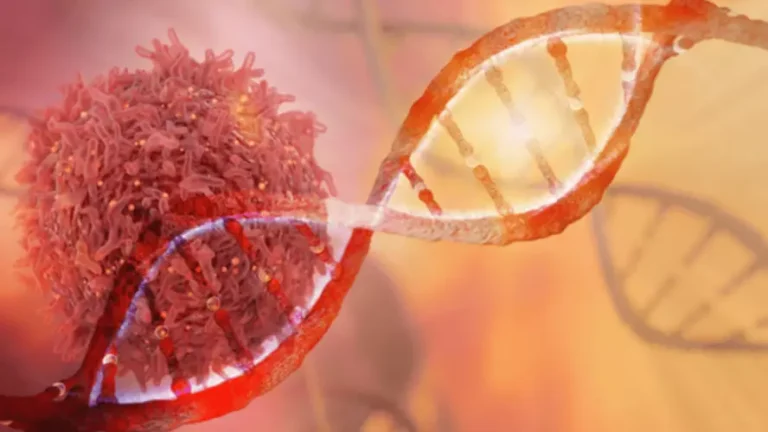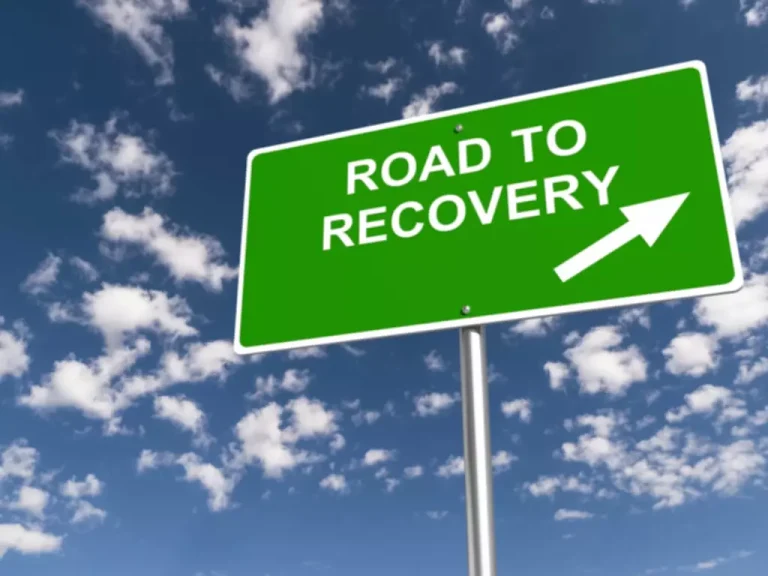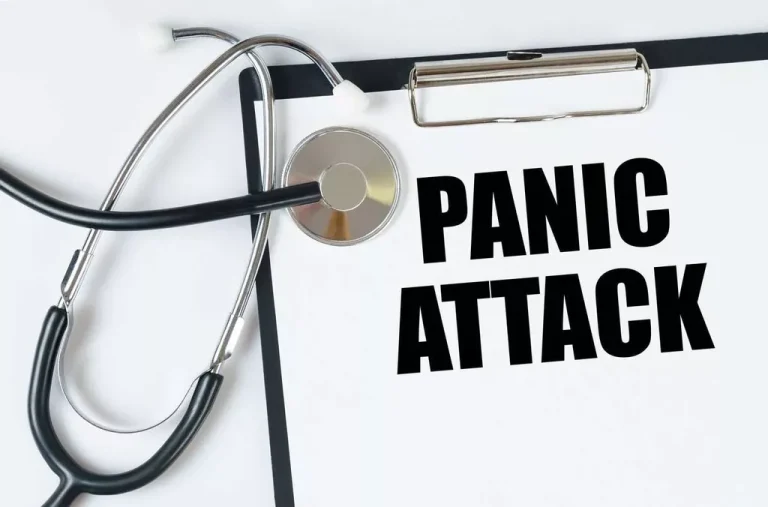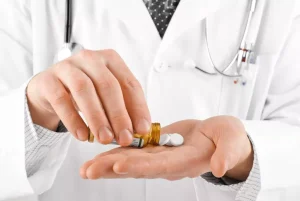
The authors of the study suggest that such findings have important implications for the use of cannabis products. People who are prone to unwanted side effects, for example, may be able to still gain the potential health benefits by sticking to products that are low in THC and higher in CBD content. In addition to its role in HPA axis dysfunction and reward processing, the hyperactivation of the eCS may also play a role in the executive dysfunction sometimes observed in cannabis use. The eCS is highly active in adolescent brain development, particularly in the PFC, a region that exercises executive function (Dow-Edwards and Silva 2017).

Mislabeling of Products Containing CBD and THC
- Importantly, these effects were abolished by the blockade of CB2R, 5HT1a and TRPV1 suggesting their functional implication.
- The researchers reported that two-thirds of the participants experienced at least a 25% reduction in seizure frequency while receiving CBD treatment.
(For example, is it an edible, a joint, or an oil?) Keep track of how it makes you feel. They may be able to recommend a different kind or dose or whether you should be using it at all. Glutamate (Glu) is the main excitatory neurotransmitter of the central nervous system. https://ecosoberhouse.com/ Glutamatergic synaptic plasticity in the mesocorticolimbic dopaminergic circuit is a key neuronal process in appetitive learning and significantly contributes to the development and maintenance of drug addiction (Yamaguchi et al., 2011; van Huijstee and Mansvelder, 2014).

Can Medicine Help With CUD?

That means taking CBD oil with these drugs could have a more substantial effect than you need or make them not work as well. In another trial, schizophrenic patients were given 600 mg per day of CBD oil for six weeks. And OTC CBD products are not regulated or standardized like prescription medications such as Epidiolex.
- Elsewhere, intra-CA1 microinjection of D1R antagonist impaired CBD’s suppressive impact on the acquisition and expression phases of METH-induced CPP in rats (Nouri et al., 2021).
- The cycle of addiction often leads individuals to prioritize obtaining and using the substance over other responsibilities or activities.
- The upregulation of glutamate signaling during the anticipation/preoccupation phase may be counteracted with NAC treatment, reducing clinical symptoms of craving and therefore reducing relapse rates.
- A few years later, the administration of a single dose of CBD (800 mg) in non-treatment seeking, dependent, cigarette smokers after overnight abstinence did not improve verbal or spatial working memory, or impulsivity (Hindocha et al., 2018).
- There are a high number of serotonergic receptors subtypes with different functional profiles, suggesting the complexity of serotonin-mediated regulation of drug reward.
Quitting smoking and drug withdrawal
Blood alcohol levels in CBD- and VEH-treated rats were identical, ruling out CBD-alcohol interactions (e.g., accelerated alcohol metabolism or clearance) in the prevention of alcohol-induced impulsive choice. The mechanisms underlying the amelioration of impulsive behavior by CBD presumably differ from those mediating its effects on drug seeking and anxiety. A link exists between loss of impulse control and alcohol-induced neuropathology [84]. CBD exerts neuroprotective effects [85] and we have previously reported that CBD attenuates neurodegeneration induced by repeated alcohol intoxication in models similar to that employed here [26]. Dependence-inducing alcohol intoxication produces not only neurodegeneration but also decreases survival and proliferation of nascent neural progenitor cells [86]. CBD facilitates neurogenesis [17, 80, 81, 87] and can reverse cognitive impairment produced by neurodegeneration [88].
What are the benefits of CBD — and is it safe to use?

A range of CBD doses were evaluated in different animal models of addiction commonly used to assess the reinforcing and motivational properties of drugs (conditioned place preference (CPP) and oral self-administration (SA)). Also, withdrawal-related signs were analyzed after the abrupt cessation of CBD chronic administration. Interestingly, CBD did not induce CPP, oral SA or withdrawal-related signs, findings that suggested the lack of rewarding effects of CBD (Viudez-Martínez et al., 2019). Moreover, CBD presents an excellent safety profile supported by both animal and clinical studies (Bergamaschi et al., 2011; Iffland and Grotenhermen, 2017; Taylor et al., 2018).
Effects of CBD on relapse-like behavior
We’ve partnered with Medterra to bring you this article covering six evidence-backed health benefits of CBD. Most CBD products do not have FDA approval, which also means they have not undergone thorough tests. In a 2018 study, CBD appeared to have neuroprotective effects on rats with diabetes, including helping preserve their memory and reducing nerve inflammation. is cannabidiol addictive A 2020 review article discusses adding CBD to chemotherapy drugs to improve the immune system’s response to cancer treatment. Scientists are beginning to understand how CBD prevents seizures without the sedating side effects of medications used previously. Synthetic drugs are not yet available that target the endocannnabinoid system as CBD does.
Adverse effects of cannabidiol: a systematic review and meta-analysis of randomized clinical trials
It has been used to alleviate joint pain and nerve pain, reduce anxiety and stress, treat insomnia, improve migraines, and address nausea. “Since discovering the endocannabinoid system (ECS) in the body in the 1990s, CBD has been researched more extensively. The ECS is a central regulatory system restoring normal balance and homeostasis in a range of human physiologic systems throughout the body and brain and has cannabinoid receptors and chemicals in its function,” explains Dr. Matharu-Daley.
Can Interact With Other Medications
Here we reviewed the scarce but recent results pointing out CBD as a candidate to be considered for modulating nicotine-induced reinforcing and withdrawal symptoms. In addition to changes in reward processing, chronic cannabis use also seems to affect emotion processing. Several MRI studies reveal functional and structural differences in the amygdala – a key brain structure in processing emotions – after chronic cannabis use. Compared to healthy controls, adolescents who used cannabis had lower activation in the amygdala in an emotional arousal word task during fMRI (Heitzeg et al. 2015). However, in another fMRI study, adolescent cannabis users showed greater amygdala activation to angry faces compared to controls (Spechler et al. 2015).

The therapeutic effects of CBD have been evaluated in both animal models and preliminary clinical trials conducted in individuals with different types of neuropsychiatric disorders, including drug abuse disorders. Several studies have proposed that CBD may be a reliable agent to inhibit the reinforcing and rewarding impact of drugs. However, further preclinical and clinical studies are necessary to confirm the potential for CBD as an intervention for the treatment of drug abuse disorders. It should be mentioned that its efficacy depends upon a wide range of factors such as the sequence of injection, administration route, and dosage/dose ratio.